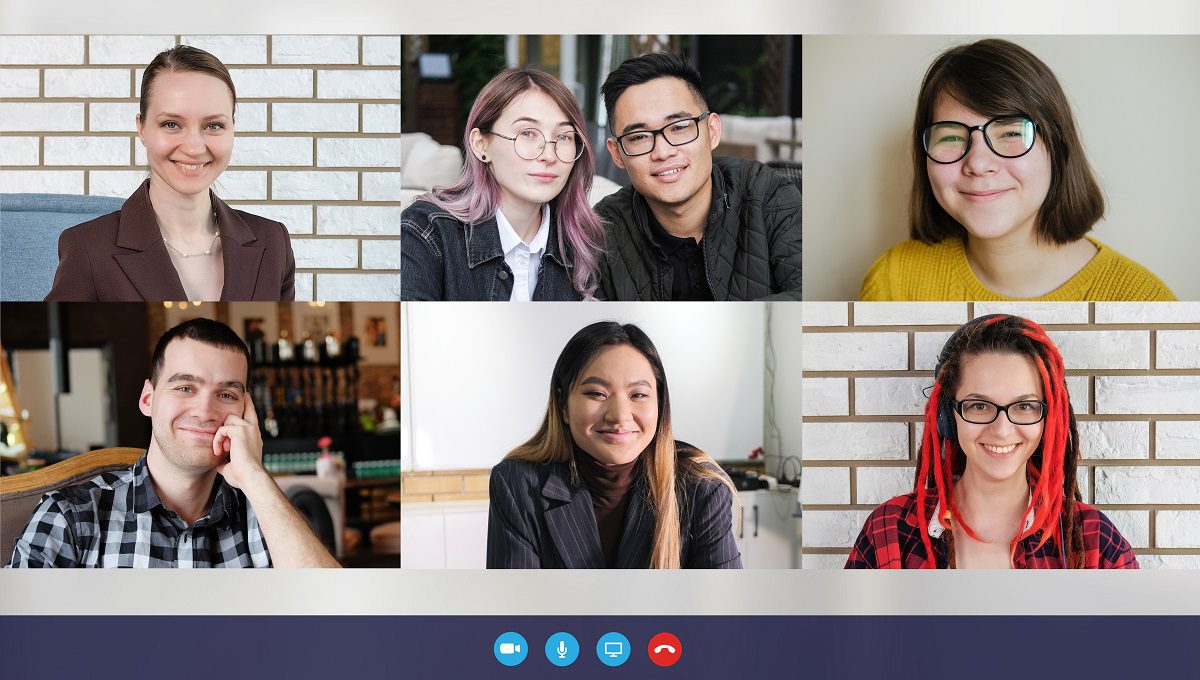7 Reasons To Seek Addiction Treatment
Substance use disorder, which is more colloquially known as drug addiction, is a serious mental...
toll free: 844.955.3042
local tel: 561.464.6505
fax: 561.450.6637
info@recointensive.com
RECO Intensive
140 NE 4th Avenue
Delray Beach, FL 33483
Dealing with the COVID-19 crisis can be very stressful and make us feel anxious about the unknowns. We know there is no cure for the virus presently and it may be years before a vaccine is available. We also know there is not a viable treatment currently available.
With states shutting down, reopening, and closing things back up, along with changes to our regular normal routines, it is easy to see why people are anxious and stressed. In some places, the information we are receiving is contradictory, with one agency saying one thing and another saying something completely different.
For someone who has recently completed an alcohol and drug treatment program at an addiction recovery center, things can be much more stressful for them. Not only are they attempting to manage their sobriety during these uncertain times, but also facing the same challenges as the rest of us in regard to work, income, taking care of our families, and worrying about getting the virus.
COVID-19 has disrupted our regular daily routines for months now. Prior to the pandemic, we had our routines down, whether it was going to work, shopping, going to counseling, attending support group meetings, and so on.
When the virus hit, things quickly changed as it spread across the country. We were told to social distance, stay home if at all possible, and limit our contact with others. More recently, as states started reopening, we found that many businesses and communities had issued mandatory facemask requirements to be in public.
With changes to what we can and cannot do coming almost daily, or so it seems, it is no wonder it can be very tempting for a recovering addict to want to turn back to their former bad habits. Those of us who live on our own have been cut off from friends and family. We have limited contact when we leave our home and we suffer less socialization.
Even in-person support group meetings have been canceled because it is not safe to attend. Managing sobriety can be harder because we don’t have all the resources and support that we used to because of the virus. This can leave us sitting in our homes for hours on end, feeling bored, sad, lonely, anxious, stressed, or depressed.
It can be very tempting to want to drink or use drugs to make ourselves feel numb and forget about what is going on in the world today. However, doing so would be a major setback on our road to recovery.
Managing depression, anxiety, and addiction is an ongoing part of recovery and sober living. We constantly struggle with the decisions we make, the people with whom we associate, and addressing triggers that make us want to drink or use drugs.
Social isolation from others as a result of COVID-19 makes us feel cut off and alone. Loneliness can set in, which can result in feeling anxious or depressed. We also have to contend with the many unknowns about this virus, such as if and when it will be under control so that things can get back normal.
Furthermore, we are worried about getting the virus. Were we in contact with someone who was asymptomatic? Could we have touched something someone coughed or sneezed on and scratched or rubbed our nose? Worry about getting sick is natural and can cause stress and anxiety levels to increase.
When we focus on being alone and worrying about how COVID-19 is impacting us, we lose focus on what matters—taking care of ourselves and our wellbeing first and foremost, no matter what.
Our minds can start to wander to thoughts of using because we reflect how we felt when we were using and how it made us feel less anxious. As we get into a battle of wills with our minds, it can cause even more stress because we feel like we have nowhere to turn for the support we need.


Eventually, if we don’t do something productive, we can find ourselves wanting to give in and drink or use drugs. We tell ourselves we will do it just this once. Unfortunately, because of our addictive tendencies, it is not just this once, and it ends up being numerous times before we realize we are heading on the wrong path once again.
If we apply the skills and methods we learned when in treatment at an addiction recovery center, we can help avoid a relapse. In addition to those, other things we can do to help maintain sobriety to manage COVID anxiety and depression include:
While in-person interactions are not possible, technology does allow us to attend support group meetings, talk to our sponsor, and speak to a counselor via virtual video sessions.
Even though we cannot leave home as much as we want, we can do more to pass the time besides sitting around feeling lonely and bored. Create a new schedule of your daily routines to help keep busy. Remember to eat at your normal mealtimes, exercise, and do other things you did before.
We still need plenty of restful sleep to remain healthy and focused. When we are not getting sufficient sleep, we find that our emotions can get the better of us, as well as make us feel run down.
Just because we have to social distance, it doesn’t mean we cannot get some fresh air outside. You can go for a walk, sit on your patio and read a book, or go for a swim if you have a pool.
Many shelters have pets looking for a good home. Having a furry friend to talk to and spend time with can make things less stressful and give us a sense of purpose.
Triggers will probably occur at some point. Just be aware that when they do, you are ready to cope with them using the right mechanisms, such as meditation, deep breathing, or connecting with a support group, counselor, etc.
Recovery is ongoing daily. Make sure you continue with any outpatient program you are in at an addiction recovery center, therapy sessions, and support group meetings.
Part of recovery and addiction treatment is learning to identify those things that we have no control over and let go of them. With COVID-19, we have no control over the virus itself. Rather, we should focus on what we do have control over—our actions and what we do to help avoid getting sick.
If you find yourself thinking about using, how it made you felt, or bargaining with yourself over-using “just this once,” these are all warning signs you need to address. Video chat with your sponsor, attend a meeting, or talk to your counselor.


In addition to using the above tips and strategies, the one thing that we can all do is to focus on ourselves and our own health and general wellbeing. By focusing on taking care of ourselves, eating healthily, getting plenty of rest, exercising, practicing social distancing and wearing a facemask when in public, and getting the support we need, we will feel less anxious, stressed, sad, or depressed.
If you are finding anxiety and depression are getting in the way of your recovery, remember that help is available from RECO Intensive. At RECO, we provide mental health programs as part of our addiction treatment programs. Do not hesitate to call RECO Intensive at (561) 808-7986 today!